The schedule presented here is subject to change as the agenda is finalized.

« All Events
LGBTQ Health Track, Session 1
May 30, 2024 @ 10:45 am–12:15 pm EDT

- Beyond the Binary: An Innovative Educational Workshop Addressing the Health of Non-Binary and Gender Non-Conforming People
In 2023, University of Rochester Center for Community Practice (URCCP) launched a new educational workshop for health and human service workers called Affirming Services for Non-Binary and Gender Non-Conforming (NBGNC) Clients. This innovative workshop takes a deep dive into NBGNC identities and health, and leads participants to identify actionable steps to improve delivery and cultural responsiveness of sexual health services, syncing the disciplines of LBGTQ health, HIV prevention, STIs, and harm reduction. This session will summarize key workshop content, the development process involving input from people with lived experience, and lessons learned for future educational programs.
- Understanding LGBTQ+ Health Disparities and Methods for Identifying Them
Hennepin County Public Health is developing new ways for collecting LGBTQ+ public health data that more accurately reflect communities and allow us to better understand LGBTQ+ health needs. This has resulted in more comprehensive LGBTQ+ data, particularly for youth, which has then enabled us to analyze health disparities in this community more deeply. This presentation will cover innovative methods for collecting, analyzing, and reporting LGBTQ+ health data, as well as our findings from these analyses. We will highlight disparities, trends, and vital health needs of LGBTQ+ youth and adults in areas such as mental health, healthcare access, discrimination, connectedness, and more.
- It’s a Start: Online, On-demand LGBTQ+ Mental Health Trainings are a Beneficial Primer for Providers Nationwide
This presentation will discuss research conducted to determine if online, on-demand, and publicly accessible trainings for medical and mental health professionals could lead to improvements in providers’ clinical attributes when providing care to lesbian, gay, bisexual, transgender, queer, and all sexual and gender diverse (LGBTQ+) patients. Pre-training and post-training clinical skills scales were utilized to measure changes. For all modules, there were significant improvements in preparedness, attitudes, and knowledge. Research purpose, methods, results, and conclusions will be presented.





